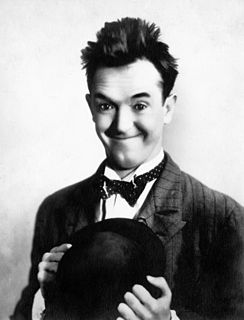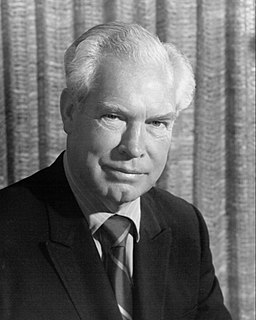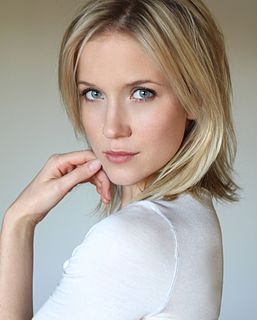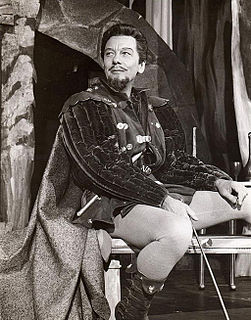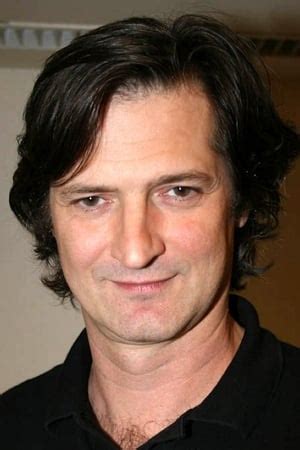A Quote by Stan Laurel
Sight gags had to be planned; they required timing and mechanics. Occasionally, spontaneity would arise in the shooting of the scenes.
Related Quotes
When I was writing Dune there was no room in my mind for concerns about the book's success or failure. I was concerned only with the writing. Six years of research had preceded the day I sat down to put the story together, and the interweaving of the many plot layers I had planned required a degree of concentration I had never before experienced.
I had worked for a lot of directors whose work I didn't respect, and as I was editing material, I was thinking about how I would have shot the scenes and what I would have done to make the scenes better. After several years of that, I got to the point that I was pretty confident I could sit in the director's chair.
